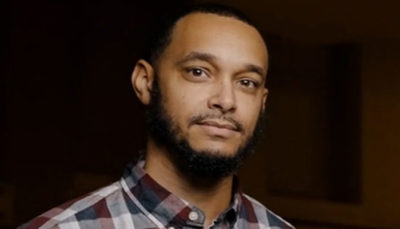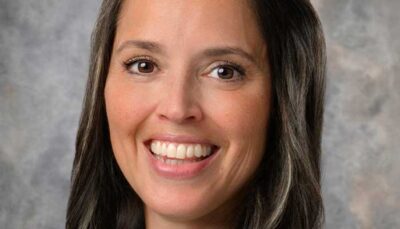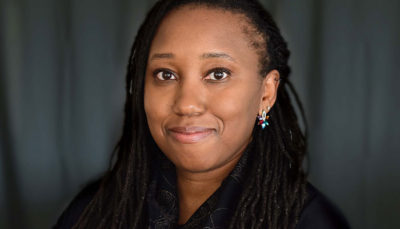Applying Science to Heal Adversity and Trauma

Every child holds the promise of the future – not just for themselves, but for all of us. It is our role as parents, family members and community members to help kids meet their potential; just as it is our job as caring professionals to assist children and families with establishing the foundation for healing and thriving.
Each of our life journeys starts with our earliest experiences. Our overall development depends on feeling cared for, being held and hugged, and even learning simple human connections, like eye contact.
We all thrive when we have strong building blocks for healthy development. But when those foundations are shaken, our growth can be too. Adverse Childhood Experiences (ACEs) like neglect, abuse or addiction within the family can create toxic stress that changes how we think, learn and connect with others. Feeling unsafe in our neighborhoods or experiencing discrimination can also make it harder to stay grounded and stable.
Wellpoint Care Network has extensive experience helping those in our care rebuild from the damaging effects of adversity.
Brain Science and Human Resilience
Though often called childhood adversity, ACEs are not something that can be outgrown – but, they can be overcome.
Over the past two decades, we have gained significant knowledge about how adversity impacts the brain and can influence not just mental health, but physical health, too. Toxic stress has been linked to the risk for addiction to tobacco, drugs and alcohol, as well as depression and heart disease, just to name a few of the health impacts of adversity. The emerging field of epigenetics also has shown how the traumas of slavery, genocide and cultural assimilation can negatively impact people for generations.
Applying Science to Heal
At Wellpoint Care, we use the Neurosequential Model™ (NM), a developmentally-informed and biologically-respectful way to make sense of a child or adult’s trauma history as it relates to current functioning. With NM, we can pinpoint specific trauma responses and map behaviors in children, youth and adults, including identification of which building blocks need repair.
Most importantly, we can understand and articulate an individual’s primary problems, along with their core strengths, to inform how parents and caregivers, teachers, therapists and the surrounding community can best help a child thrive. Just as adversity rewires the brain, we can apply the latest science of brain development to address much of the emotional and physical damage caused by trauma. That’s where healing begins.
NM is a model built to be flexible, educational, and streamlined across interventions and care providers. It helps us set realistic and achievable goals and gives us the time to ensure those we serve and their care teams fully understand, and can act on, insightful care plans.
Like any foundational repairs, first we need a plan for healing so we can select the interventions that align with an individual’s development. We partner with parents, families and caregivers, as well as providers like School Districts, County Human Services Agencies and Juvenile Justice to provide a flexible, comprehensive array of solutions designed to help those we serve.
Wellpoint Care is one of the longest-standing child and family serving organizations certified by the Neurosequential Network. Our leaders and clinicians have partnered with the founder of NM, Dr. Bruce Perry, a internationally-renowned child psychiatrist and researcher specializing in child and youth development, child maltreatment, neurodevelopment and youth violence, to apply the NM model throughout our complete service array.
In many cases, NM can be the difference between failed interventions and the successful rebuilding of lives.
We invite you to learn more about how we have applied this science to our approach to working with children, families, communities and family-serving systems.
Ready to Take the Next Step?

Meet Justin Hughes
Wellpoint Care Network has provided me a positive workplace and allowed me the tools I need…

Meet Maria Andrade
The diversity of the work that I do ensures that no day is like any other.

Meet Marande Buck
Every day, I’m able to have incredible interactions with foster parents. I also enjoy the ability…
